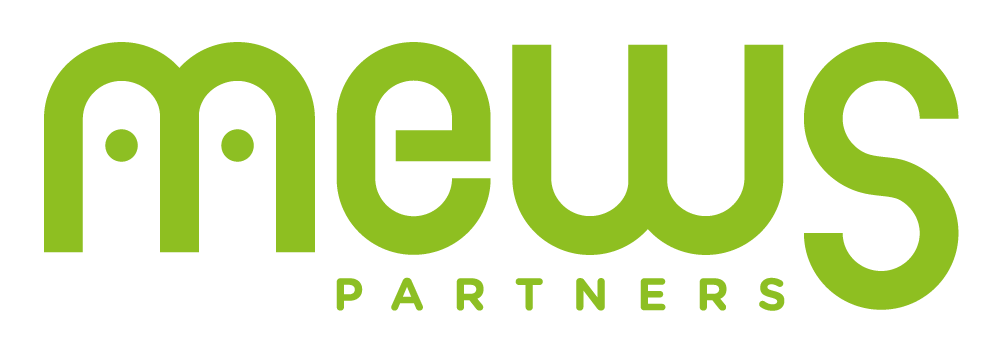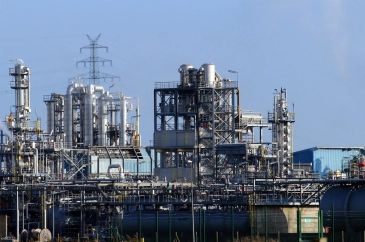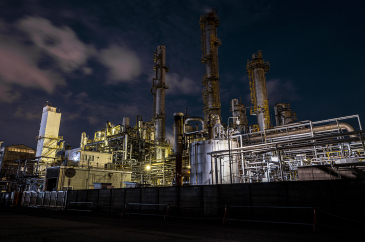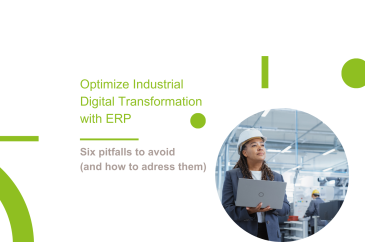EXPERTISE
SECTORS
Industrial performance
“ Mobilize human capital for a responsible industrial transformation by activating all technical, human and digital levers.”
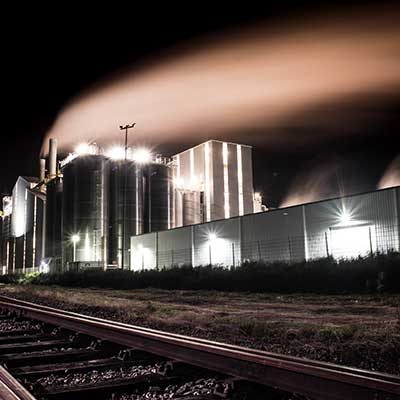
Enhance industrial performance
Our vision of the key issues faced by Chief Industrial Officers :
Produce planned volumes on time, in quality, safely, competitively and sustainably
• Monitor and control performance (facilities, materials, energy) and productivity
• Develop organizational agility
• Improve the performance of support functions: maintenance, quality, planning, HR, etc.
Prepare industrial resources for strategic challenges and major business changes
• Integrate the development of relevant production technologies, systems and concepts
• Optimize investments
• Involve staff in the development of skills and organizations
• Anticipate risks linked to technical and organizational breakthroughs
Manage the environmental transition of operations
• Define and implement the plant decarbonization roadmap
• Involve suppliers in reducing the global carbon footprint
• Adapt products, processes and practices to the challenges of sobriety and efficiency
Succeed in product development and industrialization
• Integrate industrial constraints at the design stage
• Involve operational teams
Conduct a robust digital transformation
• Ensure secure, scalable IT architecture
• Deploy digital solutions to improve performance and quality of life at work
• Ensure data traceability and digital continuity
Ensure team commitment and cohesion
• Provide a meaning, a clear path, and support for managers
• Develop industrial profession attractiveness
A value proposition broken down into 7 business skills
In order to support our customers in their industrial transformation, our value proposition is structured around 7 business skills: Industrial Master Plan, Production Performance, Organizational Flexibility, Investment and Industrialization, Maintenance Performance, Digitization and Industrial Information System Management, Change Management in Industrial Environment.
Industrial master plan
Co-design with management the target operating model for the next 3 to 5 years and outline the implementation trajectory from the current state
Production performance
Improve process repeatability by mastering all its technical, methodological, organizational, performance management and training components
Organizational flexibility
Improve production sites' ability to adapt to variations in activity: organizational flexibility, versatility, mobility
Investment and industrialization
Integrate development production constraints, optimize Capex (design to cost) and secure start-up phases
Maintenance performance
Achieve a high level of plant reliability and safety, while optimizing OPEX and CAPEX employed
Digitization and Industrial IS Management
Align Information System functionalities and digital tools with the requirements of operational teams
Plant change management
Involve key actors of the plant in the transformation process, anticipating the consequences and controlling the risks
Case studies
A team of experts
Related contents
The discussions about deploying a Manufacturing Execution System (MES) are on the rise as the industry gradually transitions into the digital era. Like any change that impacts the production of...
